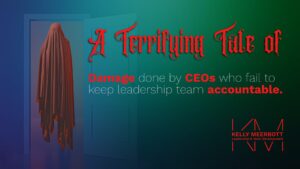This article originally appeared on B2B NXT, by Tessa Yin.
The world’s most successful Founders and CEOs are backed by a powerful team, and more often than not, a coach. Coaches can help the executive team be effective leaders, drive profitable performance, and face insurmountable challenges. We interview business coaches to help you… help yourself.
Today, we’re interviewing Kelly Meerbott, Leadership Coach & Speaker. Kelly Meerbott loves a challenge, and she works with C-suite executives who want to develop an action plan to bring about change. Kelly’s clients vary in size and need, and her customizable coaching programs have helped small businesses to large corporations achieve success and see a positive return on investment.
NXT: Are people comfortable working with coaches, or do they think they don’t need one?
There used to be a stigma that, if you got a coach, it meant there was something wrong with you. But that viewpoint is rapidly changing. I met the founders of SoulCycle, who said working with a leadership coach completely rebooted their company. It’s actually the best thing you can do!
Coaching has really grown and expanded. You can see that with Johnson & Johnson; they just launched a campaign where they’re spending $100,000 on each executive to work with three experts: a leadership coach, a nutritionist, and a personal trainer, in order to avoid burnout and maintain a level of physical and mental well-being.
NXT: Who do you normally work with, and how do they find you (or vice versa)?
I work with companies in a variety of industries that generate at least $10 million in revenue, and have at least 50 employees. The CEO or an executive of the company would typically reach out to me, and I take it from there.
I am 100% word-of-mouth and referrals. I read a statistic that CEOs only have 20 minutes a day of free time, and for my clients (who are CEOs) to give me two 90-minute sessions a month is a privilege and a huge deal.
NXT: What makes you different… Why are your clients choosing to work with you?
I practice the philosophy that I would never tell my clients to do something that I wouldn’t do myself. A few years ago I realized that I needed to make a physical transformation and change my fitness habits. I committed to a strict fitness regimen and lost 50 pounds from the process.
I documented this and shared it on social media to show there is no cheap “hack” to do anything meaningful. It sparked an interest with people and I landed two new clients from this journey.
When you want to change yourself and inadvertently the company, it’s a sweaty, ugly and messy process. There are no shortcuts. You have to do the hard work. And having the right coach to guide you through the arduous journey… that’s what I’m here for!
NXT: What do you think your clients are looking for nowadays?
The executives I work with are extremely busy and burdened with myriads of choices and decisions throughout the day. So they look for simplicity and ease, and as a result, they’re actually very ‘low’ tech. Even apps like Skype can be a distraction. So the more complicated something is, the more turned off busy people will be.
NXT: How many clients do you normally take on? How long is a typical coaching process?
My standard program lasts at least one year. It’s important to go through all the quarters so executives can see a full year’s transformation. Then, they can decide on a renewal or not, but I never lose contact with my clients.
However, I keep the cap at six, full-program clients per year, because I need to make sure my schedule and emotional capacity is free enough to handle the workload. On top of that, I take on side projects like speaking engagements, and lighter, more customized coaching commitments.
NXT: What does the full program entail?
A full year commitment costs $2,500 per month per person, so $30,000 per year, and it includes:
- Two 90-minute coaching sessions per month
- Weekly reports submitted on Thursday evening, and I submit my feedback the following Monday
- Face-to-face meetings once per quarter
NXT: What are some examples of clients that you have helped?
I worked with an executive at a medical company, where morale was low and sales stagnant. After conversations with subordinates, we pinpointed the problem that the executive was ‘difficult to work for’ but we had to dig deeper to the root cause.
Through more interviews at the company and one-on-ones with the executive, we figured out what was happening and set a plan for addressing it. After a 2-month engagement, the team was aligned top to bottom and within a year top line increased 25%.
I often customize my program to address the needs of specific clients. From helping a non-GMO, vegetarian soup company jump the hurdles of obtaining certifications in our first year of working together, to getting their product in retail stores in our second year.
I also have a client who wants to become a statesman, another client who is a not-for-profit executive that needs help building out the team, and another client who just sold a business and wants to become a coach. I welcome a challenge and love the wide range of engagements.
NXT: What opportunities do you see in your industry for the next 2-5 years?
The venture capital space. I believe it would be a lot more profitable if investors worked with leadership coaches to increase their confidence and certainty when they invest.
There’s also an opportunity to work with advertising agencies because when they’re working with companies on the brand, there is a need to coach the teams to align their goals.
NXT: What do you think is a poor industry practice?
For some companies on the B2B side, they’re hiring internal coaches. On the surface it sounds like a great idea, to have somebody constantly there, but there’s the risk of groupthink. When you put a coach on a payroll, how can the coach be truthful to executives? You need an external point of view, and that cannot be done internally.
NXT: How can executives find an authentic and truthful coach?
Here are some tips:
- Trust your gut, this is often not preached enough but you usually know if the coach you’re talking to is a scam or not
- Ask the coach about his/her failures. This will humanize the coach and help you make an informed gut judgment. A good coach should own up to their mistakes rather than boast their success stories
- Ask for references
NXT: What’s your growth plan for the next 2-3 years?
I am looking to write a book, so hopefully, I will be on a book tour. I am also looking to work more internationally with emerging economies on soft skills training and development so there is room for an online e-learning platform.
I am also on the Forbes Coaches Council, an invitation-only organization for coaches and contributing more work there. There is also definitely a possibility for a therapy dog, so watch out for that!
A huge thank you to Kelly Meerbott for her insights. She started her leadership-coaching career in 2009, and has since been a vital cornerstone to companies that range from Fortune500 corporations to smaller businesses. Her services include: leadership development, organizational development as well as speaking engagements. Visit her website to schedule a consultation today.





